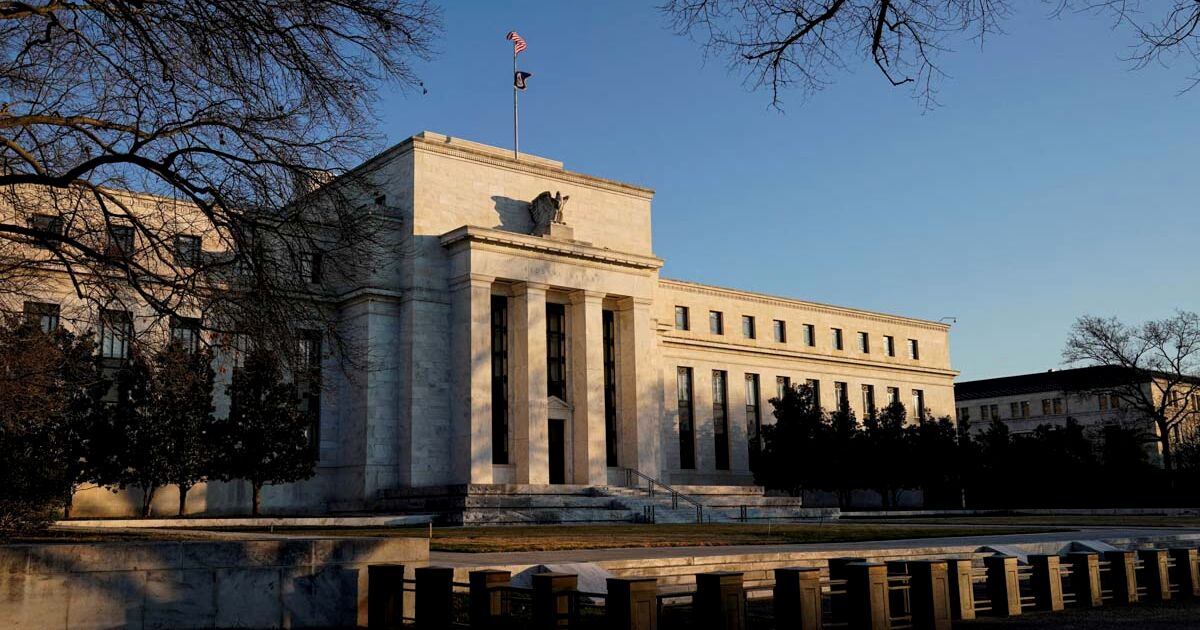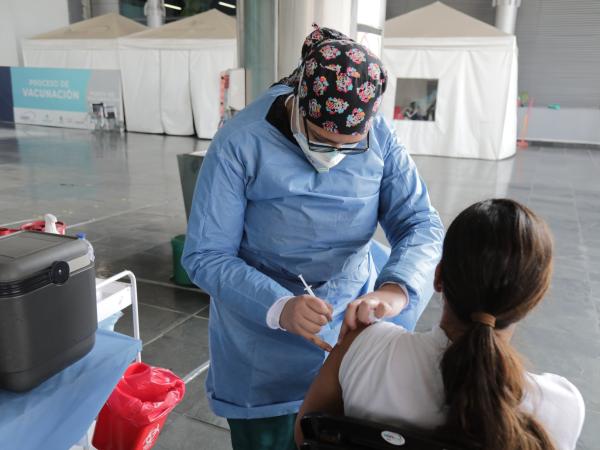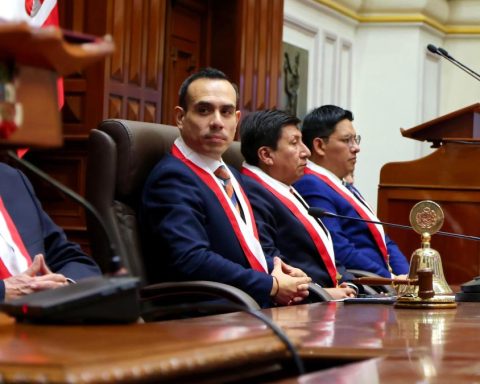“I think the most important discussion will be the evolution of inflation,” said a European G20 official involved in preparations for the meeting.
Asked what the message from the G20 could be, he said: “The formula that will be agreed upon is that the central banks of the advanced countries are aware of the potential spillover effects on emerging markets and developing countries, so that have well-calibrated policies and communications in this regard.
“And at the same time I think emerging markets will say that they are working to increase their resilience in financial markets,” the official said.
With inflation in the United States at multi-decade highs and at a record level in the 19 countries that share the euro, both the Federal Reserve and the European Central Bank have signaled that they will tighten monetary policy by cutting back on bond purchases and the increase in interest rates.
But these measures could trigger capital exoduses from emerging markets such as Brazil, South Africa or Russia, causing their currencies to depreciate, higher interest rates and a more difficult recovery, warned the International Monetary Fund (IMF).
clear communication
Communicating central bank policy is also a challenge, as an unexpected change in messaging from the ECB last week caught markets by surprise. Although the Federal Reserve made it very clear in January that it will raise interest rates in March, the pace of the tightening cycle remains uncertain.
The G20 is likely to ask the Fed, the ECB and other major central banks to tell the markets as clearly as possible what they intend to avoid sudden changes in the financial sector.
“Transparent and clear communication of monetary policy by the main central banks continues to be important for the global economy, price stability and financial stability,” said a document on the position agreed between the European members of the G20, seen by Reuters.
To deal with possible spillover effects in the United States and Europe, the IMF asked emerging markets in January to start working now on their defenses, reducing debt levels in foreign currencies, hedging exposure, extending maturities for reduce investment and prepare for possible bankruptcies and companies.
The same message is likely to come from the G20 meeting this week, the European document showed.
“Members (of the G20), in particular emerging markets and developing economies, must continue … efforts to reduce vulnerabilities in order to withstand a tightening of international financial conditions,” he said.
















